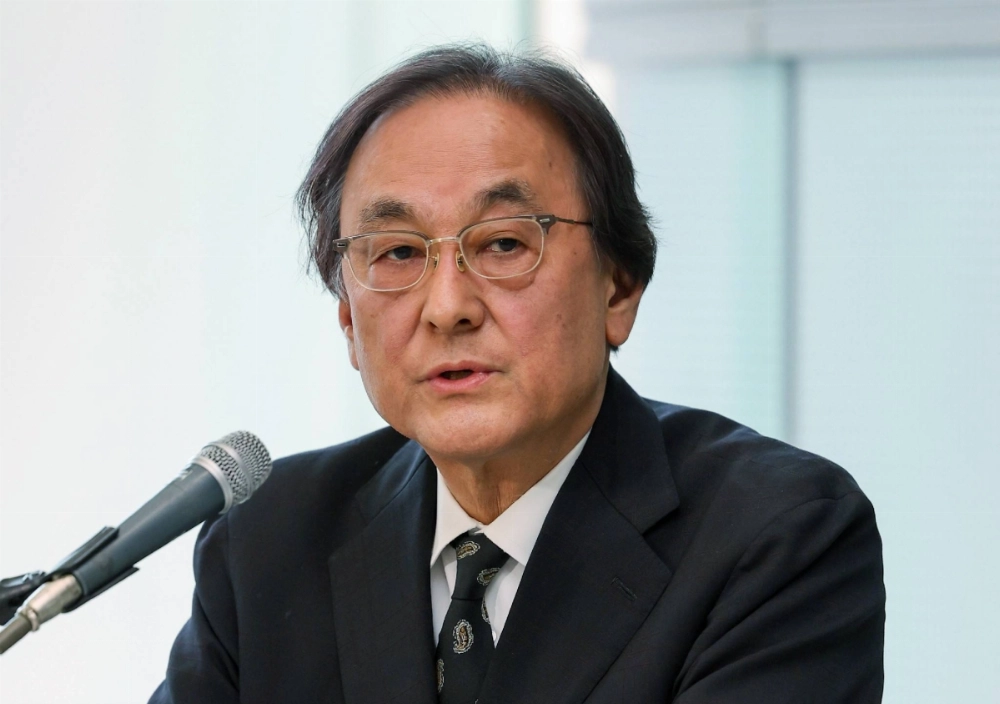Fuji TV’s parent company is projected to post a consolidated net loss of ¥20.1 billion in fiscal 2024, which ended in March — its first net loss since it became a holding company in 2008 — following a sex abuse scandal that has caused sponsors to suspend their commercials.
On Wednesday, Fuji Media Holdings downgraded its March projections from ¥9.8 billion in net profit for the business year due to impairment losses of ¥26 billion on Fuji TV's fixed assets.
The company also announced that President Osamu Kanemitsu, who was supposed to become chairman pending approval at the shareholders’ meeting in June, will be stepping down. Three other outside directors on the board will also resign.


















With your current subscription plan you can comment on stories. However, before writing your first comment, please create a display name in the Profile section of your subscriber account page.